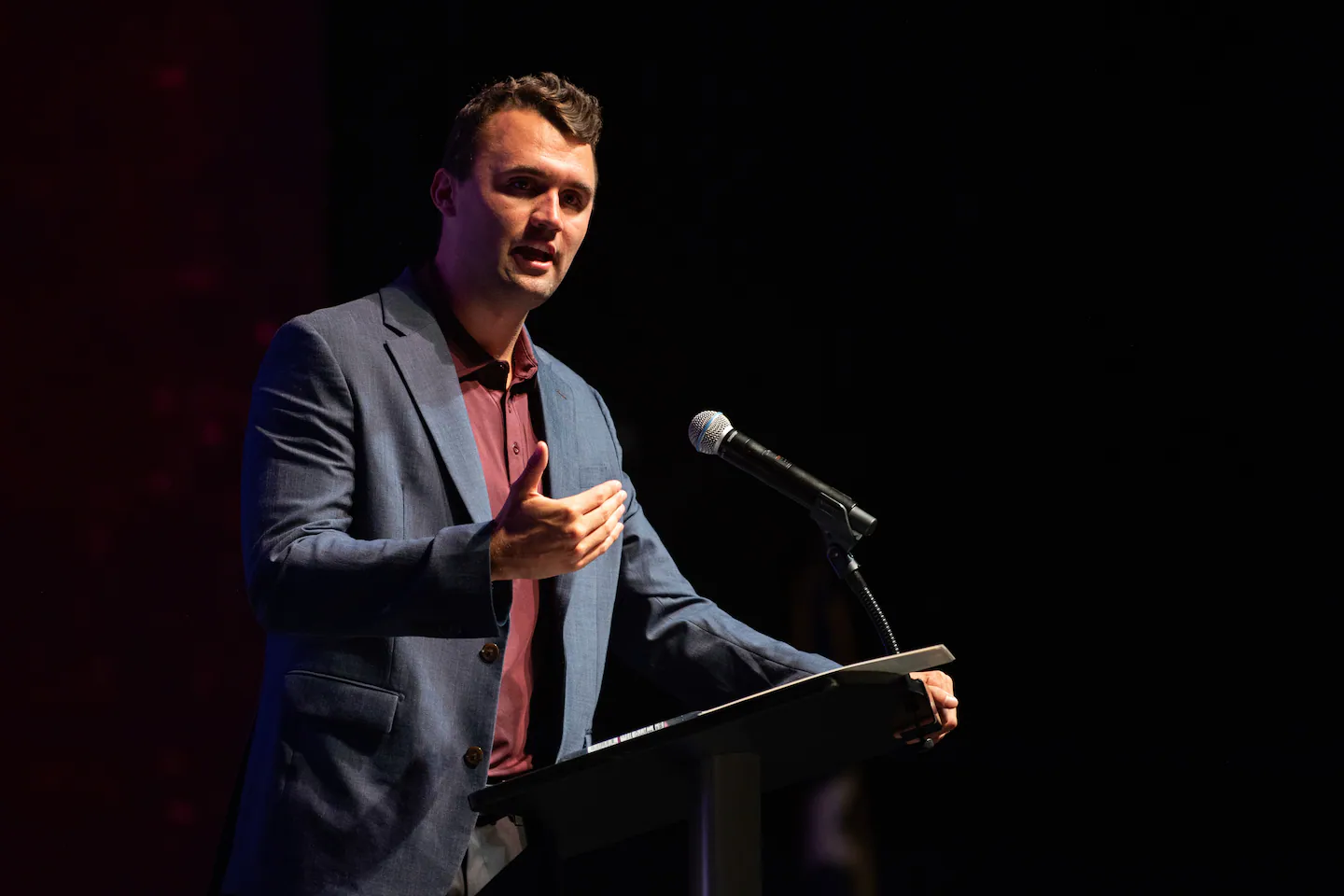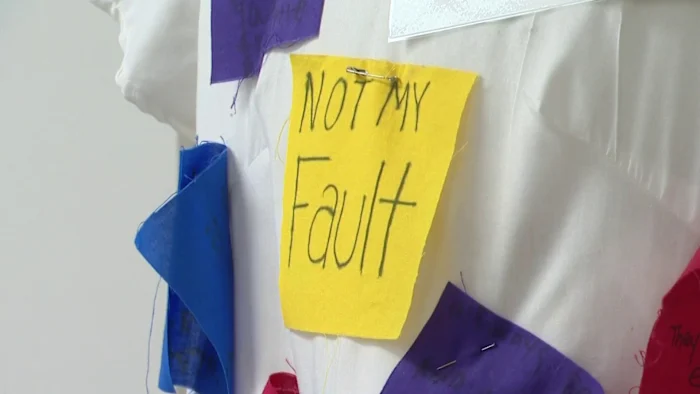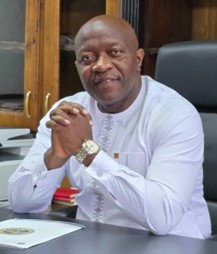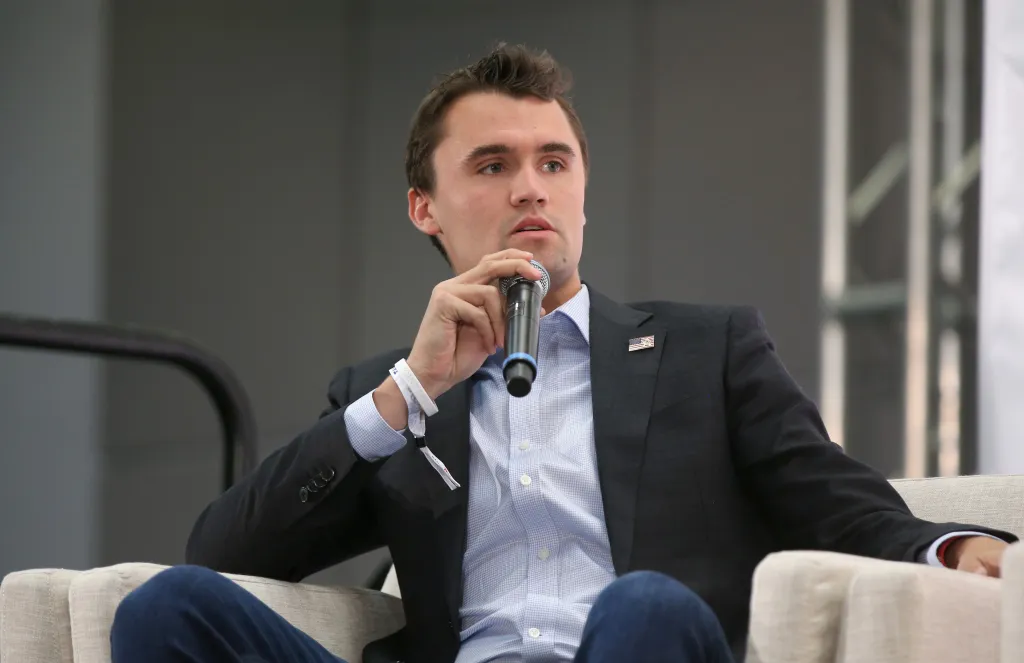
The legislation would direct public schools to prioritize instruction in core academic areas, with civic education that “cultivates a neutral or patriotic disposition.” And it would forbid public schools and government employees from promoting “purposeful division, dialectical worldviews, critical consciousness, or anti-Constitutional indoctrination.”
This push to impose ideological restrictions on New Hampshire classrooms comes as the state continues to deal with fallout from similar efforts the Republican-controlled Legislature undertook in the recent past.
In 2021, the state enacted a so-called “banned concepts” law (inspired by President Trump’s “divisive concepts” executive order) to prohibit teaching that anyone is “inherently racist, sexist, or oppressive.” A federal judge struck down the law in 2024, deeming it unconstitutionally vague, but an appeal is pending.
This year, the state enacted a law (inspired by another Trump executive order) that threatens to strip public funding from schools that engage in anything related to diversity, equity, and inclusion. A different federal judge temporarily blocked enforcement of that law, though it remains to be seen whether that block will remain in effect long-term.
Like its forebears, the CHARLIE Act, which is being cued up for the 2026 legislative session, seeks to broadly prohibit an array of concepts whose definitions are open to interpretation.
According to draft legislative text released by the House Majority Office, the proposal would bar schools and their employees from teaching that societal structures, including the US Constitution, are “inherently illegitimate or designed to perpetuate oppression based on race, gender, sexual orientation, or other identity categories.”
The proposal would also prohibit schools from requiring the affirmation of LGBTQ+ identities, and it would prohibit compelling students to use certain “lenses derived from Marxist analysis, intersectionality, or critical race theory.”
That said, at least some of the “prohibited worldviews” could still be taught in New Hampshire classrooms, but “only if presented factually and objectively as Marxian theories contrary to American tradition, law, and ethics.”
The proposal would allow private parties to sue K-12 public schools for up to $10,000 per violation, and teachers would risk professional discipline by the state Board of Education if they fail to comply. The rules would not apply to colleges, universities, or private schools.
Daniel Pi, an assistant professor who teaches constitutional law at the University of New Hampshire, said this draft legislative text is clearly flawed.
“We don’t often use the word ‘obvious’ in law,” he said. “But in this instance, I’d say the proposal is obviously unconstitutional.”
As currently drafted, this legislation would amount to viewpoint discrimination, Pi said. Only in a narrow handful of contexts have the courts tolerated viewpoint-based restrictions on speech, and the US Supreme Court has a long history of condemning viewpoint discrimination and protecting political expression, he said.
“In the education setting, cases like Keyishian v. Board of Regents characterize the classroom as a ‘marketplace of ideas,’” he said. “A law that says you may only teach about Marxism if you denounce it is the very definition of unconstitutional viewpoint discrimination.”
Belcher’s proposal might best be understood as a messaging tool. That said, he’s not messaging alone. House Majority Leader Jason M. Osborne joined him in announcing the CHARLIE Act on Tuesday along with his own legislation on a related topic.
Osborne’s proposal would add an exception to an existing state law that protects freedom of expression for public school teachers and other government employees, to clarify that those who encourage, glorify, or otherwise condone violence against American leaders — including political figures, candidates, journalists, religious leaders, and others — can face job-related consequences.
His proposal comes as conservative activists have been scrutinizing social media posts in the wake of Kirk’s assassination and calling attention to those deemed celebratory or offensive, resulting in workplace investigations into commentary allegedly made by various public school teachers across the country, including two in New Hampshire.
“Free speech does not mean a blank check from taxpayers for those who cheer the assassination of journalists, candidates, or civic leaders,” Osborne said. “New Hampshire will not fund the advocacy of murder and assassinations.”
Osborne’s commentary has been particularly pointed in recent days. On social media, he said young men had been “conscripted to war” in light of Kirk’s murder, and he told fellow Republican lawmakers on Friday to “turn up the heat” in their efforts to purge “anti-American elements” from public schools, in what he characterized as a battle of good versus evil — comments that echoed some of what Trump and Stephen N. Miller have said lately about needing to push back against the “radical left” at the national level.
House Democratic Minority Leader Alexis Simpson criticized Osborne for engaging in what she called “reckless and dangerous” rhetoric in a year marred by multiple assassinations of Republicans and Democrats alike.
“Rather than calming tensions, these attacks on our schools and civic institutions only inflame passions and put students, teachers, and communities at greater risk,” Simpson said. “We should be lowering the temperature, not fanning the flames.”
In the aftermath of Kirk’s assassination, Republican Governor Kelly A. Ayotte released a statement similarly calling on people across the political spectrum to “come together to turn down the temperature on our disagreements.”
But some members of her party have signaled they aren’t on board.
On social media, Belcher responded to Ayotte’s statement with a single word: “No.”



